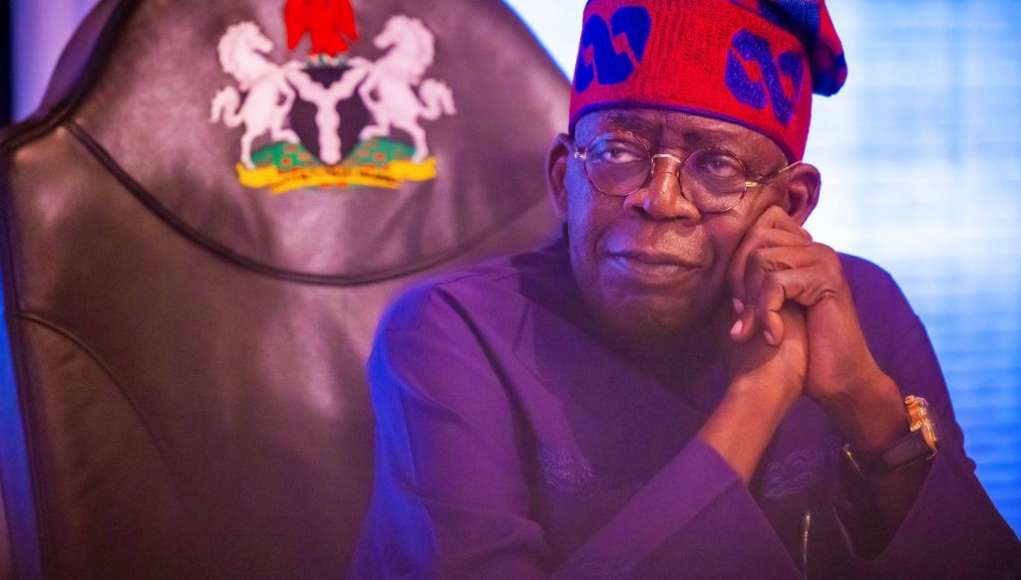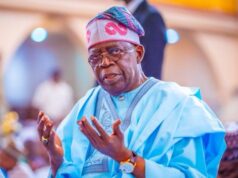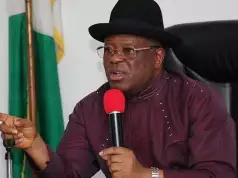President Bola Tinubu will today send a new batch of ministerial nominees to the Senate for screening, a report by the PUNCH says.
According to a very reliable source in the Senate, the names would either come on Tuesday night or very early on Wednesday morning.
The source exclusively told our correspondent that the names of the new batch of ministerial nominees would be read at the plenary today.
The lawmaker added that the screening of the 28 nominees will be concluded today so that the next batch can be screened thereafter.
“By Wednesday, the new set of nominees will be unveiled, so that by Monday, we will be through with their screening.
“We want to conclude with the screening before we go on our recess. We wouldn’t want a situation where we would go on recess and we would now start calling lawmakers to back to come for screening,” the lawmaker said.
The Senate had on Monday screened 14 out of the 28 ministerial nominees earlier submitted by the President.
On Tuesday, nine out of the remaining 14 were screened. Those screened on Tuesday were Senator David Umahi (Ebonyi), Olawale Edun (Ogun State), Nasir el-Rufai (Kaduna State), Ahmed Dangiwa(Katsina State), Uche Nnaji (Enugu State), Stella Okotete (Delta State), Adebayo Adelabu (Oyo State), Ekperikpe Ekpo (CrossRiver State) and Hannatu Musawa(Katsina State).
During his screening, Edun, who is a finance expert, offered views on the nation’s exchange rate.
On palliative sharing, Edun noted that Nigeria could achieve India’s feat, through the collection of Biometrics.
Adelabu, a former Deputy Governor of the Central Bank of Nigeria, decried the lack of supervision and oversight of activities of the CBN by economic management ministries of the Federal Government.
El Rufai, during his screening, said, “The President’s vision is that within seven years, we’ll not have power outages in this country.
“The president is saddened by the fact that countries like Benin Republic, Niger, Cameroon, our neighbours have reliable electricity yet with all our resources and capabilities, and the quality of people we have as a nation, we are unable to provide electricity to our households and businesses”, he added.










